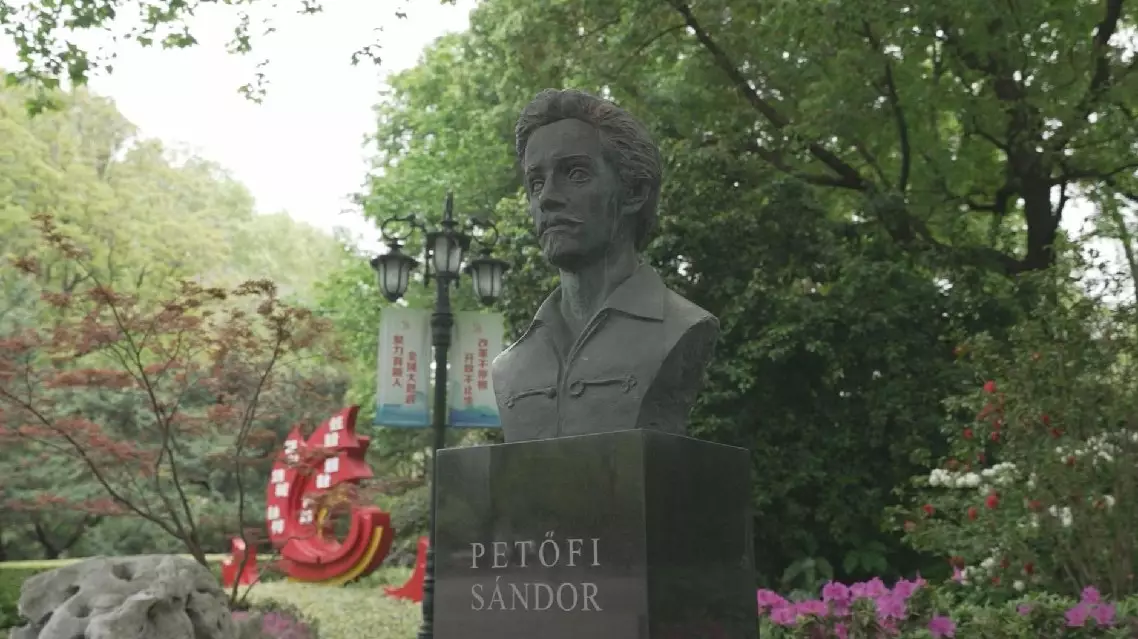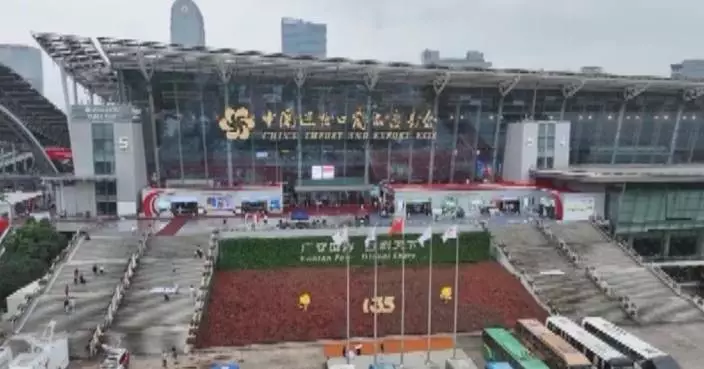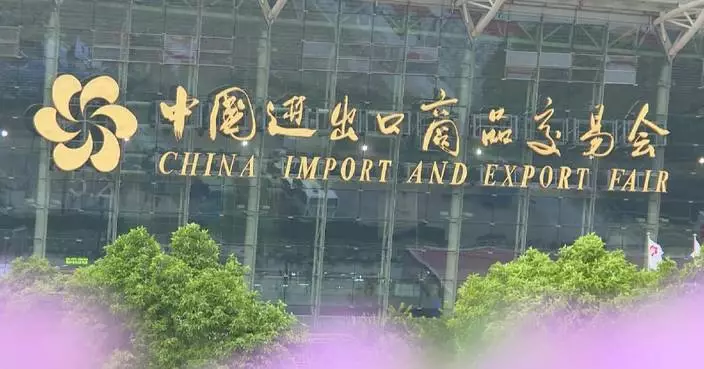Foreign auto and motorcycle companies said at the just-concluded fourth China International Consumer Products Expo that they hold increasing confidence in their business growth in China as shown by their rising sales and younger consumer makeup in the country.
Showcasing some of their latest models at the Hainan Expo, overseas car and motorcycle companies believe the event has provided them a great platform to better understand their Chinese customers.
This year, the six-day expo that concluded on Thursday in Haikou, the capital of south China's island province of Hainan, attracted over 4,000 brands from 71 countries and regions.
The vehicle brand representatives attending the trade event showed a strong desire to engage with the fast-growing Chinese consumer market.
We are very happy to stay here for the second year in a row, since last year was very successful. And by the way, we are very much linked with Hainan. Because Hainan for us represent a good touristy place, joy, good food, nice environment, sunny days, and we are very much confident about the potential growth of the [Chinese] market," said Luca Battiloro, CEO of Ducati China, an Italian motorcycle manufacturer.
As the middle-income class is on the rise, the spending behavior of Chinese buyers has also evolved in the past few years, making this market unique from other parts of the world.
Kim Airey, managing director of the Bentley Motors' business operation in Chinese Mainland, Hong Kong and Macao, said that Chinese market has a much younger consumer makeup, which prompts their confidence in long-term growth in the country.
"I would say increasingly the Chinese consumer is typically younger than our consumer elsewhere in the world. And we have a much higher proportion of our customer is female in terms of the owner and the user in China. So both of those things score more heavily in China in terms of the demographic," he said.
The expo, which was held from April 13 to 18, is China's only national-level exhibition featuring consumer products and is also the largest consumer expo in the entire Asia-Pacific region.

Foreign auto, motorcycle companies upbeat about business growth in China
The year of 2024 marks the 75th anniversary of diplomatic relations between China and Hungary, with Shanghai highlighting the significant impact of Hungarian culture, exemplified by poet Sandor Petofi and architect Laszlo Hudec.
A special program on China Global Television Network (CGTN) that aired on Thursday opened with a reflection on the powerful words of Sandor Petofi, a revered 19th-century Hungarian poet.
His lines "Liberty and love. These two I must have. For my love, I'll sacrifice my life. For liberty, I'll sacrifice my love," resonated with Chinese audiences, largely due to the translation efforts of Lu Xun, a pivotal figure in modern Chinese literature.
In 2007, to commemorate this deep historical connection, the Hungarian government donated a sculpture of Sandor Petofi to Shanghai's Lu Xun Park.
This statue not only symbolizes the enduring friendship between the two countries but also highlights the cultural bridges built by figures like Lu Xun, who introduced Petofi's profound words to Chinese readers.
Another notable Hungarian, the Slovak-Hungarian architect Laszlo Hudec, spent approximately three decades in Shanghai from 1918 onwards, leaving an indelible mark on the city's architectural landscape.
He designed over 60 buildings, significantly enriching Shanghai's skyline with a blend of European architectural styles.
Bence Lengyel, a Hungarian student pursuing his postgraduate degree in international relations at Renmin University of China in Beijing, outlined Hudec's architectural contributions.
"So, basically this Wukang Mansion is located in Shanghai's former French concession area. And this building was built in 1924, and it was celebrated for its unique Renaissance style. And here, we can see some pictures how does the building looks from the inside. Because now, it still operates as these apartments. So people are still living in this big building, so it is forbidden for visitors to enter. But thanks to these pictures, we can get a small insight how does this building look from the inside," Lengyel explained.
The journey through Hudec's legacy also includes the Grand Cinema, designed in 1933 and recognized as a pioneering example of Art Deco in China.
Lengyel shared a personal memory: "One of my highlights during my five years living in China was definitely when I have visited the Grand Theatre here in Shanghai with my friend. Because four years ago, when I was studying in Shanghai, I was studying Chinese and we went in to watch a movie in Shanghainese. So we came to this theater and right after the movie has ended, we got out of the theater and we saw that big plaque right next to the front door. And that was the time when we realized that this Grand Theater was also built by Hudec Laszlo."
Adjacent to the cinema stands the Park Hotel, another Hudec masterpiece, which was Shanghai's tallest building for over five decades.
"So basically, this Park Hotel is one of my favorites. And after reading so much about his journey from Hungary to becoming a well-celebrated architect in Shanghai, I think it's truly inspirational and I'm happy that I can share the same cultural heritage as him. And I think his own ideas and designs [are] what made him so famous in Shanghai," Lengyel reflected.
Decades of cultural exchanges between China and Hungary have significantly enriched Shanghai's architectural and cultural landscape, deepening the understanding and appreciation of Hungary's contributions to China.

China celebrates Hungarian cultural legacy through poetry, architecture










